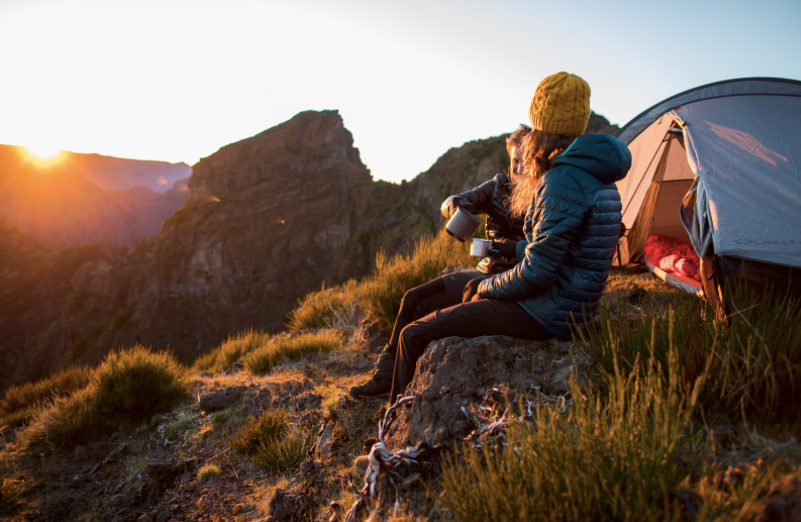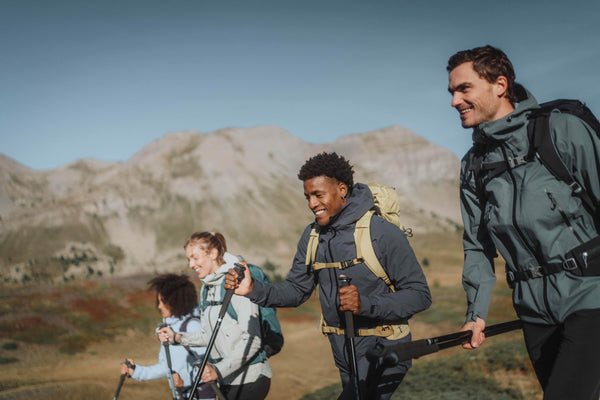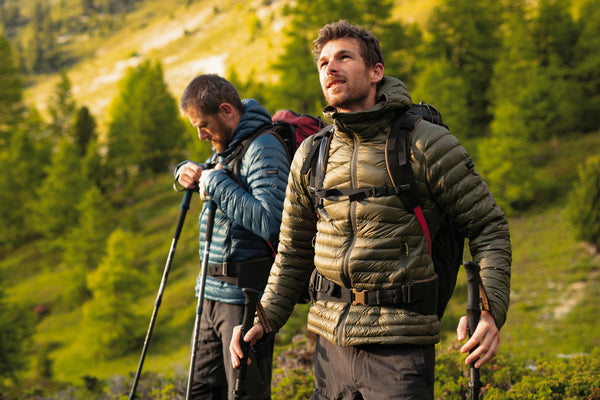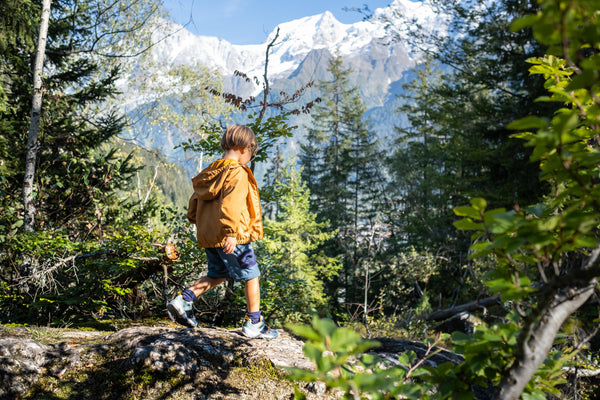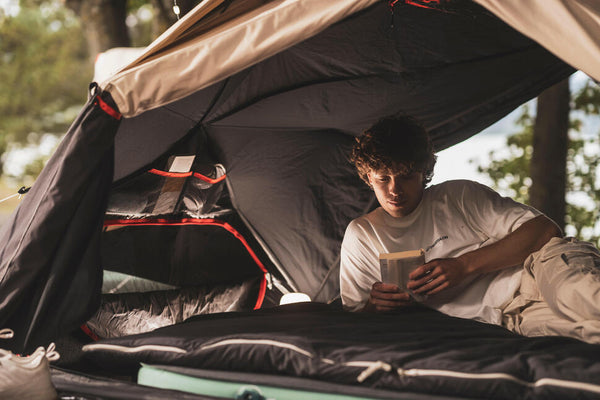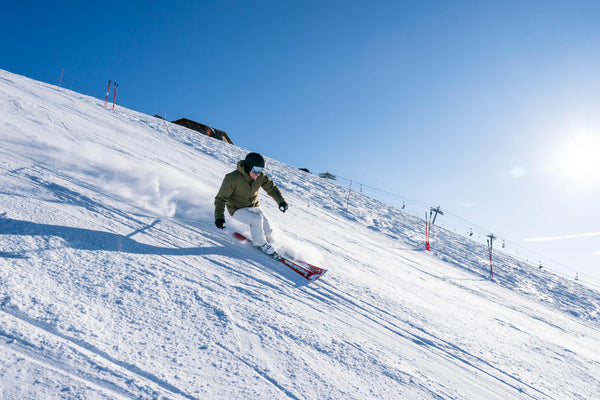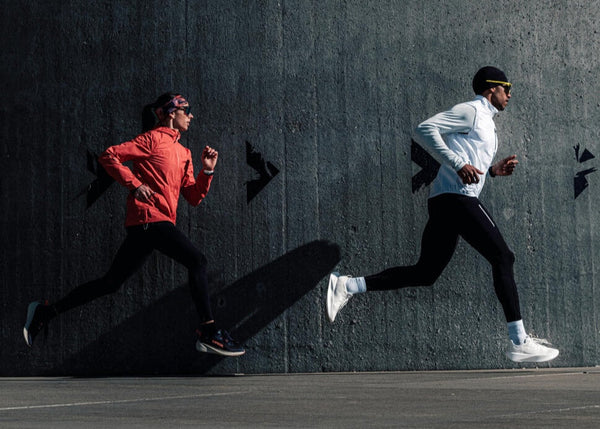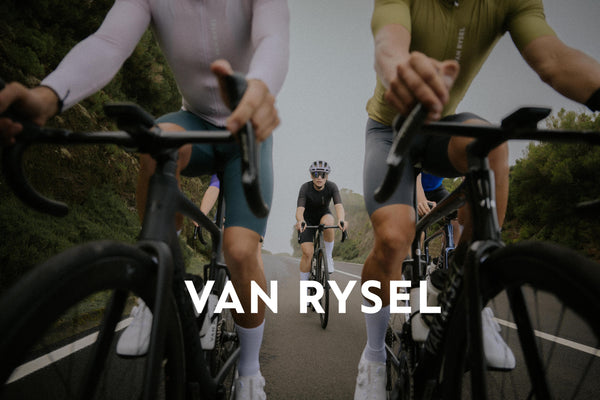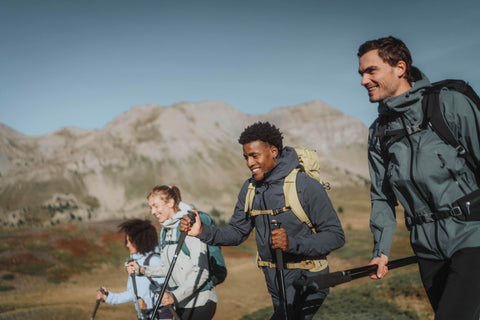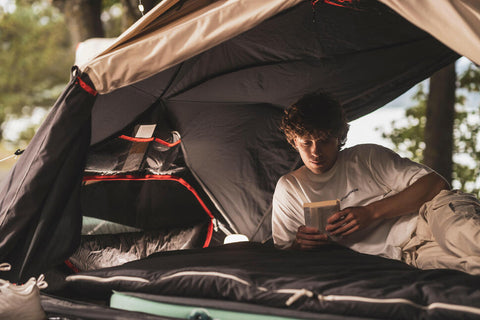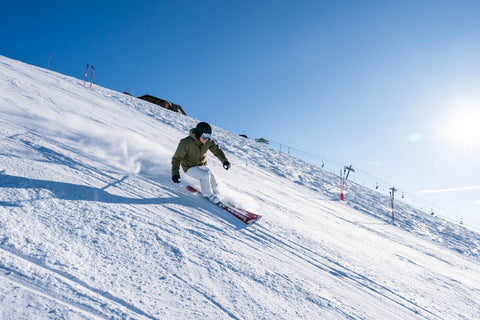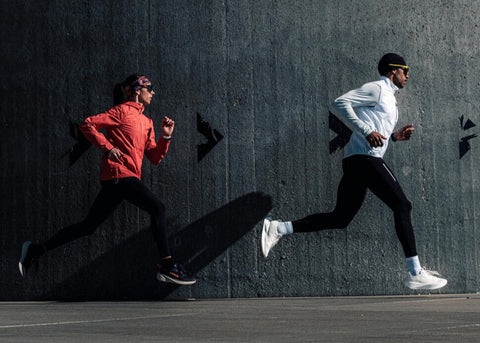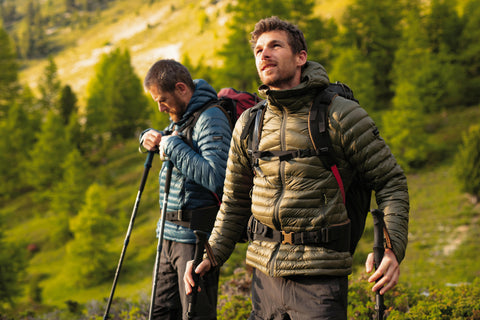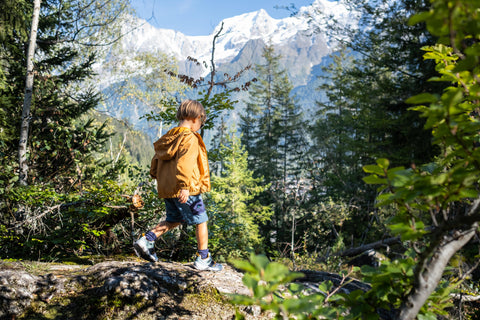
5 Habits to Adopt for Adventuring Outdoors
Share
As backpackers, we’re often heading into the wilderness to seek refuge in nature’s many wonders. We’re drawn to beautiful overlooks to view mountains painted across the sky in different shades, we’re lured into riverbeds teeming with life, and we’re often running from the hustle and bustle of the city. Unfortunately, traveling into the wild also means impacting once pristinely conserved landscapes and their inhabitants.
To honor the celebration of Earth Day, we’ve compiled a list of tips to help limit our impact when in nature backpacking, from how to we pack our gear to how we get back from the trailhead.
1) Choose used apparel instead of buying new
Especially if you’re new to backpacking, one of the easiest ways to be more green this year is by making use of used apparel, whether you’re borrowing it from a friend or rifling through items in the your city’s thrift store. In 2016, it was found that the average American threw out 81 pounds of clothes a year, equaling a total 26 billion pounds in one year in the US alone! This year, try to minimize your contribution by limiting what backpacking apparel you buy new.
Looking ahead, Decathlon is hoping to add our own marketplace for sharing and reusing existing goods to contribute to this idea.
2) Carpool or use public transportation to get to the trailhead
Another way of cutting down on our impact is by carpooling or using public transportation to get to and from the trailhead. If there’s a group getting together for an overnight trip, why not meet at someone’s house and leave the other cars behind? Group road trips make for great team planning on the way out, and a perfect time for storytelling for the drive home. Additionally, some areas, like Yosemite National Park, have great services to maximize access via public transportation with its own shuttle bus system inside the park, plus Greyhound and Amtrak stations located just outside of the park’s boundary.
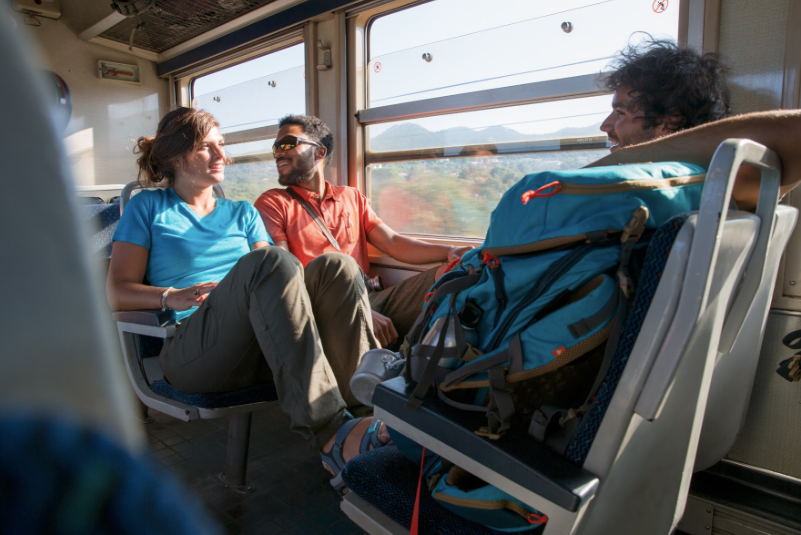
3) Limit sunscreen and bug repellent
Limiting sunscreen and bug repellent may seem like an unnecessary move, but with the thousands of people out on the trail and on campsites nationwide, the amount of sunscreen and bug repellent entering our soil and waterways is problematic. A recent U.S Geological Survey states that DEET, the active ingredient in insect repellent, is one of the most commonly found contaminants in our waterways. In addition Diethanolamine is the core ingredient in sunscreen, which is also toxic to plants and animals. This is extremely evident in once-thriving ecosystems like the Great Barrier Reef, which has experienced detrimental effects on its natural habitat and ocean organisms due to sunscreen pollution.
Our alternative? Wearing wide brimmed hats, UV protective clothing and swimwear, or regular long sleeve t-shirts and airy cover-ups. As substitutes, opt to use zinc oxide for stronger sun protection. Try essential oils like peppermint, lemongrass, tea tree, cinnamon, clove or eucalyptus to deter insects from gravitating toward you when outdoors in peak insect seasons or climates.
4) No walking off trail
Unless you’re in a designated backcountry area, walking off trail can have immense repercussions, especially in high-traffic areas. While it may be tempting to side-step a mud puddle after a storm or to take a shortcut to avoid a longer switchback, the repercussions of walking off trail can be huge. From damaged vegetation to large-scale erosion, widening a trail or wandering off trail is just not worth the impacts on our natural world.
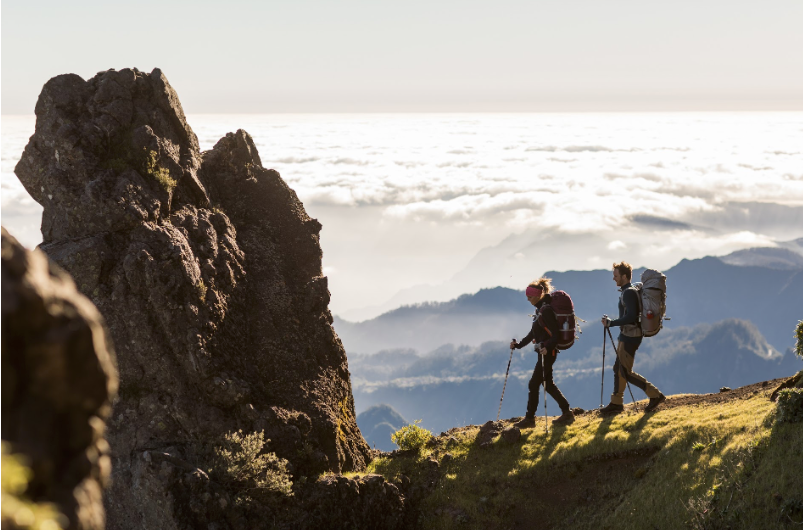
5) No trash left in the wild (not even your mealy apple)
It may seem counter-intuitive, but simply because something like our morning's leftover oatmeal is compostable, doesn’t mean that we should be leaving it behind once we’ve packed up our camp. Yes, the apple or banana peel could eventually biodegrade, but it’s much more likely to be eaten by the local wildlife. This has serious repercussions as must of our food isn’t native to most wild environments, meaning that the critters snacking on your apple may not be able to digest it. Additionally, leaving food behind can lead to widespread problems of animals no longer hunting for their food, becoming too habituated to humans, increasing the number of dangerous human-animal interactions, and ultimately creating a dependence on human food that can be catastrophic to a species’ well-being.
In San Francisco alone, we have seen a rapid increase in coyote sightings that migrate from the woods of the peninsula or forest of Marin, crossing the Golden Gate Bridge overnight. This is a prime example in which we are discouraged to feed coyotes, a creature intended for natural hunting but has seemingly adapted to a city way of life, relying on humans instead of following its natural predatory path and habitat.
